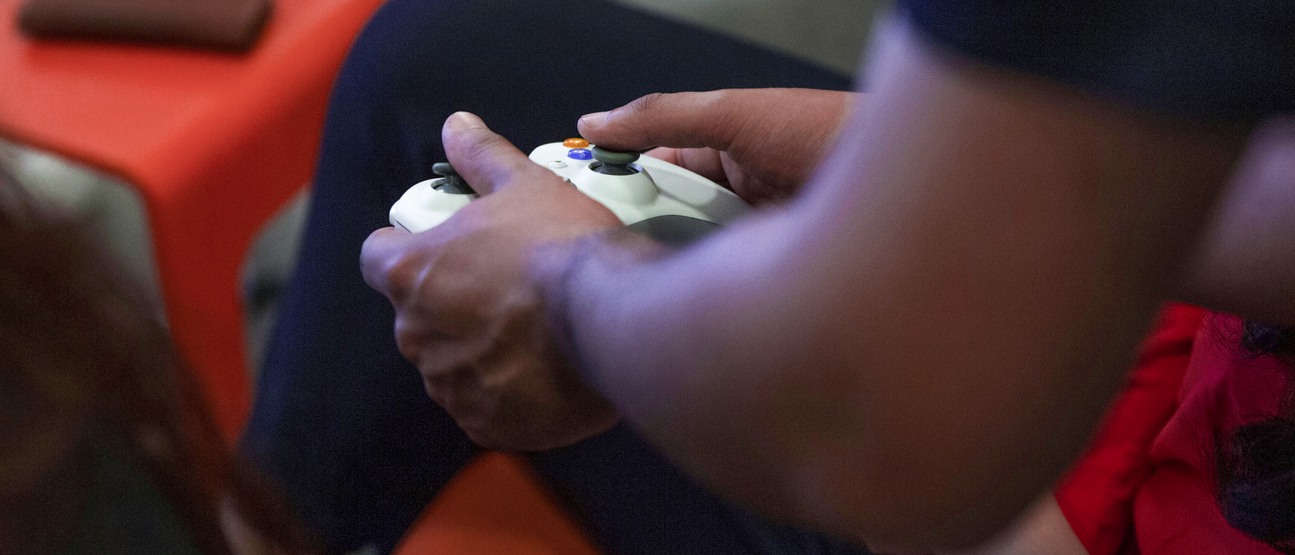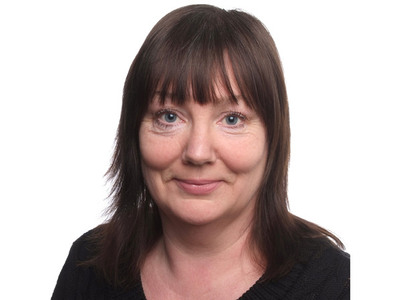Show more about the programmeShow less about the programme
In the final course of the autumn semester, Academic Problem Identification in Production in New Media, you will develop an artefact or prototype based on your prior work in the programme. Here, you will specialise in your chosen area of study, conducting needs analyses with clients, identifying research questions, and testing your artefact or prototype.
During the spring semester’s degree project, you will combine your practical skills with theoretical insights through research creation. This process requires demonstrating knowledge of relevant theory and methodology, as well as showcasing how your prototype engages with an audience.
The focus of your studies
The programme focuses on the intersection of games, game technology, and audience-centred storytelling. A key resource available to students on the programme is PlayLab, a space dedicated to experimentation in games, technology, and the performing arts. Co-directed by faculty members Lars Kristensen and Rebecca Rouse, PlayLab is a collaborative research centre that includes participation from many regional and national arts organisations such as Folkteatern in Gothenburg, Skövde Art Museum, and Riksteatern Väst. At PlayLab, you can have access to opportunities for collaboration with artists in residence and visiting researchers, or even pitch your own individual or group project. PlayLab can also facilitate collaboration with potential external clients, such as local independent game companies, artists, or cultural organisations such as tourist offices, museums, and science centres. All courses in the study programme provide opportunities for follow-on collaborative projects with an external partner after the course.
Is this programme suitable for me?
Games, Aesthetics and Narration is suitable for students with an educational or occupational background in the fields of game development, media design, interactive storytelling, or similar. The key important thing is that you are curious about how games, game technology and media art can further strengthen storytelling to touch and engage audiences in new and dynamic ways. It is also helpful if you have an independent approach to postgraduate studies and are open to discussing ideas with teachers, supervisors and fellow classmates. We seek to provide a lively environment where all voices are valued.
Upon completion of your studies
Upon completion of your studies you may work in fields including the games industry, film industry, performing arts, cultural organisations such as tourism offices, museums, and science centres, or even develop your own entrepreneurial company in immersive storytelling for interactive media. University of Skövde’s unique co-location with the Skövde Science Park and active games start-up incubation program means that you have easy access to resources for developing your own company following the degree program.
Research within this field
Active research within this field is being conducted at the University of Skövde. Current faculty members have a diverse range of research expertise including interactive narrative design, immersive storytelling, film studies and new media, mixed reality design, digital cultural heritage, inclusive design, serious games, new media in performing arts, and more. For more information, please refer to the Information Technology research centre’s website for GAME Research Group.



